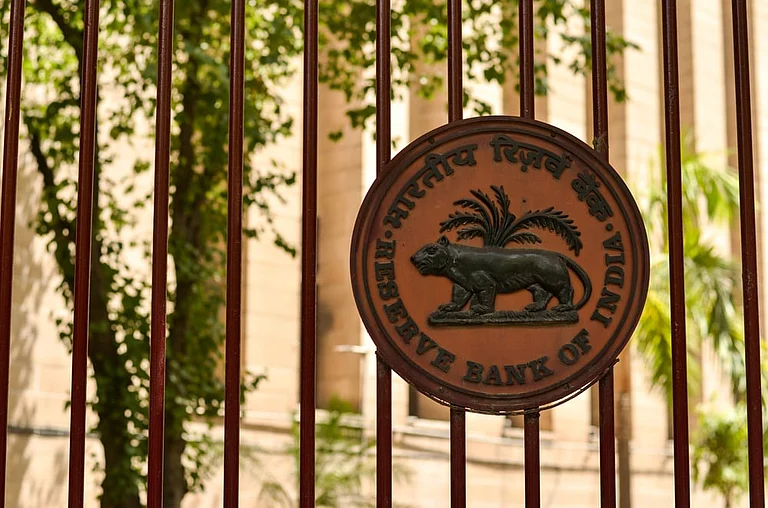A false WhatsApp message claiming that ATMs nationwide will be shut down for 2–3 days because of a ransomware cyberattack has been officially refuted by the Government of India. PIB Fact Check, a government-operated service that dispels misinformation, verified that the message is not true and advised citizens not to panic or circulate unverified information.
PIB Debunks Viral Claims Regarding Potential Cyberattacks: How To Protect Your Digital Financial Assets
A false WhatsApp message links ATM closure to a cyberattack amid India-Pakistan tensions; PIB Fact Check urges public not to believe or forward such misinformation
The message, which has been going around extensively on social media and messaging apps, indicates that the reported cyberattack came from Pakistan and has hit 74 nations. It also advises users not to open emails with the title "Dance of the Hillary," saying it might format their phones. The forwarded message states the news has been covered by BBC Radio and asks recipients to inform their contacts at once.
But PIB Fact Check intervened to set the record straight. In a tweet posted on X (formerly Twitter), it said: "A viral WhatsApp message claims ATMs will be closed for 2–3 days...This Message is FAKE...ATMs will continue to operate as usual...Don’t share unverified messages." The tweet also had a picture of the viral message, stamped with the word "FAKE" in red bold letters.
The government asserted that there is no intention to close down ATM services and that the banking system is operating normally. It also reminded individuals that spreading such information can cause unwarranted panic, particularly at times of political or military tensions.
This is a critical time when relations between India and Pakistan are tense with regard to diplomatic and security matters. Under these circumstances, misleading statements pointing toward cross-border cyberattacks can erupt suspicion, fear and panic among people. Though cyberattacks in India are an actual threat, official bodies like CERT-In (Indian Computer Emergency Response Team) and the Reserve Bank of India are actively eyeing such threats and responding accordingly.
The spurious message not only aims at the banking system but also introduces foreign virus names and created threats such as "Dance of the Hillary," which is a rehashed hoax that has emerged several times in the past few years. Experts are of the opinion that such messages are meant to confuse the public and experiment with the dissemination of false information through personal networks such as WhatsApp.
It is not the first time that these kinds of messages have been trending. In past cases, it has been observed that even good-intentioned users tend to send out hoax warnings out of fear, without checking. Authorities state that it leads to misinformation and can have severe repercussions in times of geopolitical tensions.
How To Protect Your Digital Financial Assets
You can safeguard your online assets against cyberattacks by developing a few easy but effective habits:
If you get a financial alert, particularly on social media or WhatsApp, always check the source before responding.
Do not open suspicious attachments or tap on links you are unfamiliar with.
Make sure that all your banking and finance apps have strong, unique and combination passwords.
Activate two-factor authentication for extra security
To secure against known threats, update your apps and phone regularly.
Most importantly, use only authentic sources for any pertinent information, like the site of your bank or government fact-checking handles.
PIB Fact Check called on citizens to only follow updates from authentic sources and report doubtful messages. The government also advises users to check messages using tools such as WhatsApp's 'Report' option or access the PIB Fact Check portal.
In an era where digital misinformation travels faster than fact, media literacy and responsible sharing have never played more crucial roles. The public is urged to remain vigilant but not be alarmed—and to recall that not all forwarded messages are fact, regardless of the level of urgency conveyed.
